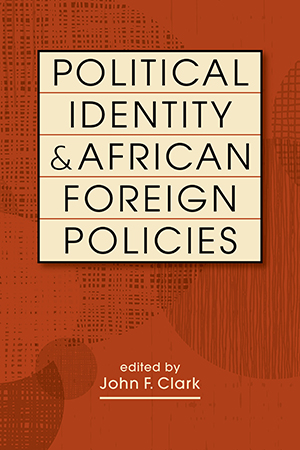
- 2024/321 pages
Political Identity and African Foreign Policies
Hardcover: $115.00
ISBN: 978-1-68585-662-5
Paperback: $39.95
ISBN: 979-8-89616-671-9
Ebook: $39.95
ISBN: 979-8-89616-672-6
Although all African states suffer the same peripheral status in world politics, they display variation in their foreign policies. How can we account for this variation? What role, if any, do the political identities of ruling elites play? Can patterns be seen in personalist vs. one-party dominant vs. multiparty regimes? The authors of Political Identity and African Foreign Policies address these questions, exploring the relationship between identity formation and foreign policy in nine African countries.







